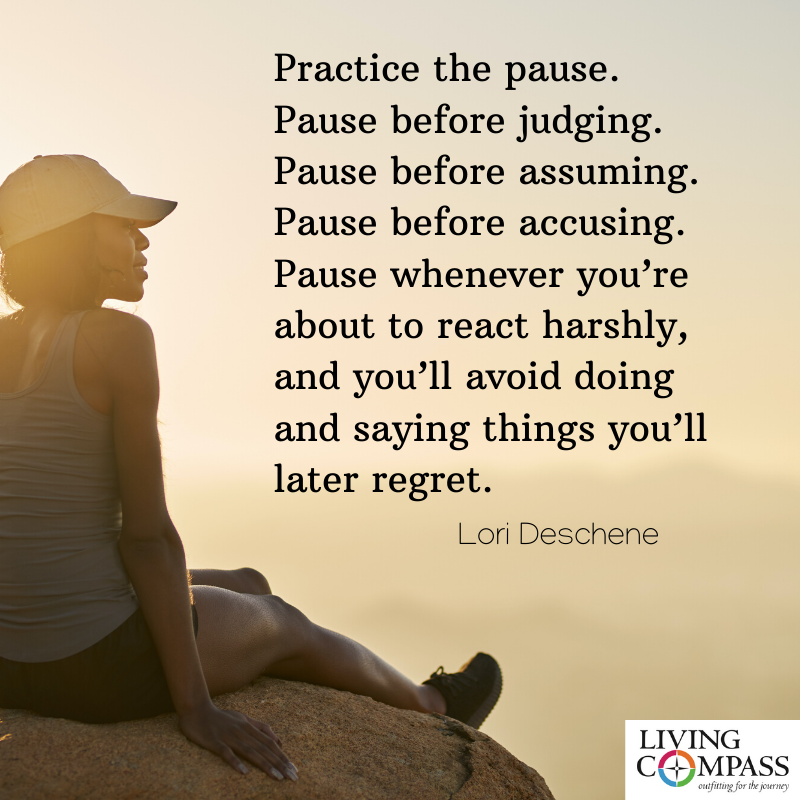Eating More Than Our Share of Radishes
In 1996, psychologist Roy Bauermeister conducted a fascinating experiment on will power. He invited a large group of people into a room filled with the smell of fresh-baked chocolate chip cookies. He sat them at tables and then brought to each table two bowls. One bowl contained radishes and the other chocolate chip cookies. Half of the people were told they could eat only the radishes and to use their will power to avoid eating any of the cookies. The other half of the group were told they could skip the radishes and eat as many cookies as they wished.
Ten minutes later, everyone was led to another room where they were given (unknown to them at the time) an unsolvable geometry problem. The group of people who had just eaten the cookies worked an average of nineteen minutes trying to solve the problem before giving up. The group of radish eaters gave up after just eight minutes.
Bauermeister concluded that the radish eaters gave up earlier on the math challenge because they were suffering from “ego depletion,” which is a fancy way of saying they had exhausted their will power muscles as they refrained from eating the cookies. The will power of the cookie eaters, on the other hand, had not been depleted, and so they were able to concentrate more than twice as long on the math problem.
I believe that the results of this experiment help explain what I hear many people (including myself) now reporting regarding the challenges they are experiencing as this pandemic continues. People are noting that they and others are more impatient, irritable, distracted, and exhausted. And many report having trouble with focus and concentration, as well as impulse control related to eating and drinking.
If you are experiencing any of these challenges, perhaps Dr. Bauermeister’s experiment can offer a little comfort and self-compassion. The pandemic has forced all of us to give up many of “the cookies” in our lives, those things that bring us the greatest pleasure. We are all having to “eat a lot more radishes” than usual, and our will-power muscles are tired.
And speaking of self-compassion—that’s something we all can probably use a little more of these days, as we realize just how much emotional energy we are using to get through each day.
So pass the radishes. We can do this, and we will, one radish at a time—until the day comes when we can all once again sit around a table, shoulder to shoulder, faces uncovered, enjoying as many chocolate cookies together as we wish.
Subscribe Now to Weekly Words of Wellness:
Click the button below to signup for the e-mail version of Weekly Words of Wellness. This weekly article can be shared with your community electronically and/or used for group discussion.
You can unsubscribe at any time.




